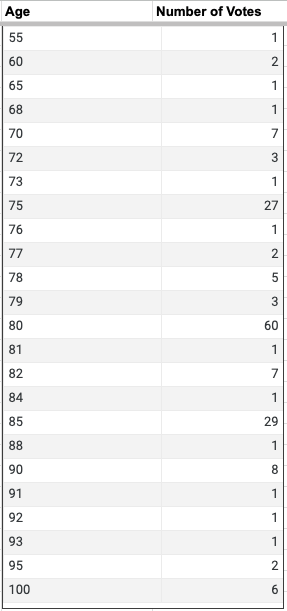So, I danced with joy when I was recently introduced to an NIH study on the Awareness of Aging.
Because humans can interpret how old they are, as we live longer as a species, we will likely see greater variability of our sense of our subjective age. The study suggests aging individuals incorporate this self-knowledge into their self-concept and personal identity, and this influences how long we live. In other words, it’s just further evidence that, just like we have public service messages suggesting we stop smoking or start exercising, we could use some pro-aging messages to combat the anti-aging industrial complex.
One interesting new fact in the study is that starting in midlife and beyond, individuals feel about 20% younger than their actual age. In sum, feeling younger in midlife and later adulthood than one’s chronological age is associated with positive outcomes, whereas feeling older than one’s chronological age is associated with negative outcomes. And, those who feel younger than their age AND also feel good about aging, all other variables being the same, will live the longest.
-Chip
P.S. In a recent post, I asked you when does the “old age” milestone begin and 170 of you answered my poll with your votes tallied below. Looks like 80 is the winner. That certainly matches my dad’s perspective as he says that’s when he noticed a lot of changes in his body and mind.
